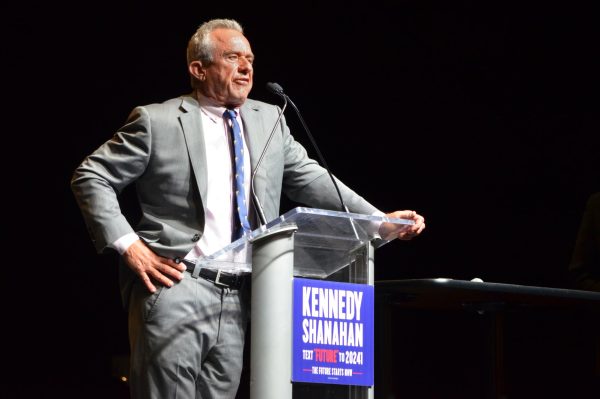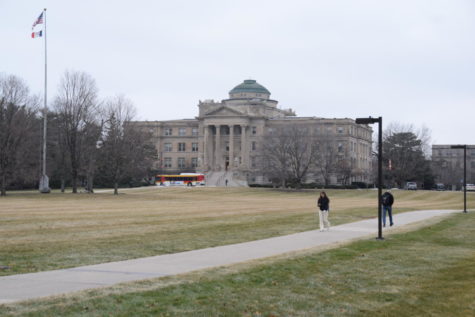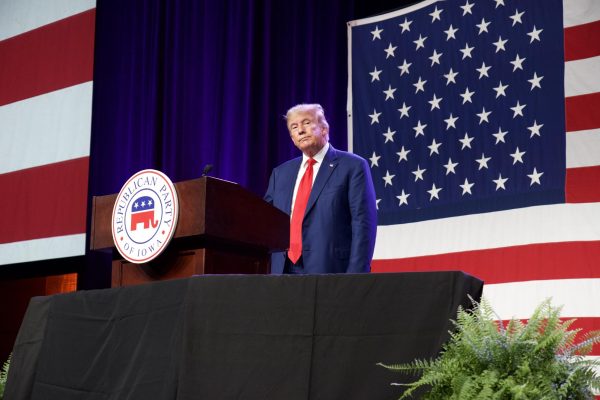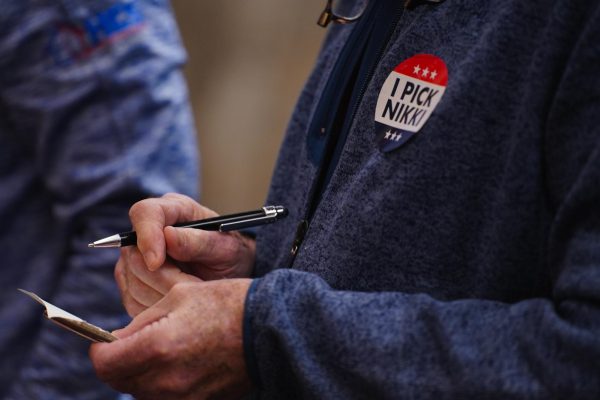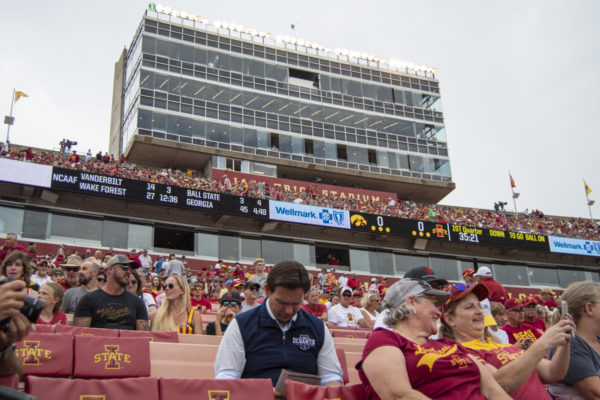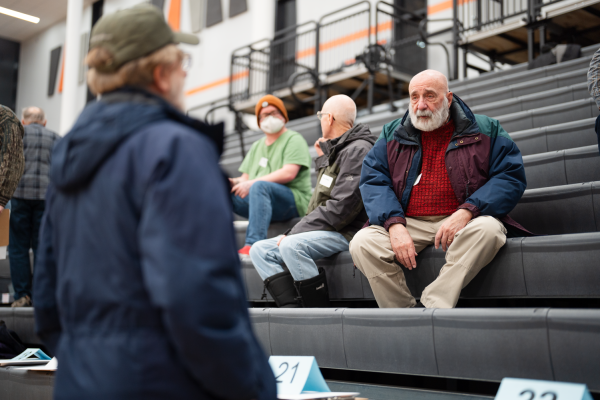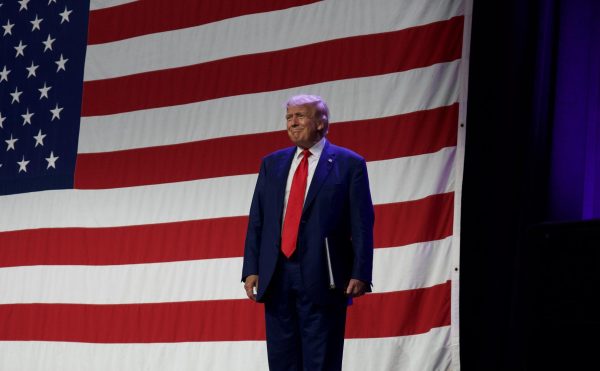#AskMeAmes: What’s up with exploratory committees?
By Alex Connor, [email protected] @thealexconnor
February 13, 2019
Two weeks ago, we asked you: What do you want to know about running for president?
With midterm elections behind us, public attention has shifted to the 2020 presidential election. Stories appear weekly about prospective presidential candidates, their campaigns and constant trips to the early caucus states of Iowa and New Hampshire.
In response, you asked us: What benefit is there to announcing an exploratory committee rather than an actual run? Are there fundraising benefits/no limits on raising?
The twofold question yielded the highest number of votes through our #AskMeAmes initiative in the past week; our answers revealed just some of the challenges and complexities that surround campaign finance law.
An individual contemplating the presidency may have a lot to gain by filing an exploratory committee with the Federal Election Commission, but such advantages are not easily observable to the public eye.
Currently, all codes of the District of Columbia Subchapter III: Exploratory Committees are repealed. However, the most recent legislation defined exploratory committees as committees formed solely for the purpose of determining the feasibility of an individual’s candidacy for office.
Before deciding to campaign for federal office, an individual may first want to test the waters, hence these committees are commonly referred to as “testing-the-waters committees” and are not considered political.
“Testing-the-waters committees” are not required to disclose reports on spending or money raised. Once the committee engages in campaigning, however, the responsibility of transparency applies.
Alas, our first benefit is revealed.
“If you are just exploring, there are no limits on fundraising or expenditures,” said Kelly Shaw, senior lecturer in the political science department at Iowa State. “Importantly, exploratory committees allow candidates a place to put monies raised while contemplating a run for the office.”
If your ethics flags just raised you are not alone, the Federal Election Commission foresaw the potential contribution conflicts that could arise when concealed by the “testing-the-waters” blanket.
In response, the Federal Election Commission introduced regulations decades ago that assert that once the individual has raised or spent more than $5,000, they must register as a candidate.
Hence an ethical bullet is dodged.
Yet, candidates have a historical habit of denying that they are “testing the waters” of a presidential campaign to evade these candidate contribution limits, despite engaging in exploratory committee activities as defined under guidance by the Federal Election Commission. These activities include, but are not limited to:
-
Conducting a poll
-
Telephone calls
-
Polling expenses for determining the favorability, name recognition, or relative support level of the candidate involved
-
Compensation paid to employees, consultants, or vendors for services rendered in connection with establishing and staffing offices in states other than the candidate’s home state and in or near the District of Columbia
-
Travel expenses to attend, address and rent hospitality suites at state political party conferences where the individual “indicates his potential interest in, and his ongoing consideration of whether to seek” his party’s nomination
-
Travel expenses for private meetings with state party leadership
-
Expenses to set up “steering committees” in early caucus/primary states with the understanding that the committee will become the official campaign organization in the event the individual runs for office
The next primary advantage to announcing an exploratory committee is the considerable media attention.
“Candidates gain ‘free press’ when making their announcement of an exploratory committee, and then [again] when they become an official candidate,” Shaw said. “Press coverage is vital to any campaign, and free press is even better, especially when a campaign might not have a lot of money.”
Potential candidates consider this recurring press strategically when deciding how long to wait to file an official campaign committee. The stronger the candidacy, the longer they can keep up the dance.
A candidate can calculate additional news by publicizing every move they make before officially filing their candidacy, slowly stringing the media along to their expected news and garnering more of the public’s attention.
Again, however, the Federal Election Commission made an attempt to put a cap on the privileged practice by placing a time limit of 18 months for the operation of an exploratory committee.
The Federal Election Commission guidelines and contribution restrictions are considered crucial to protecting the integrity of elections. All the while, an individual’s ability to form an exploratory committee can be a wonderful tool.
“An exploratory committee allows a candidate to see how their message is received, and whether their internal polls suggest they might be successful in their campaign endeavors,” Shaw said.
To submit your questions, and see what other curious readers are interested in learning about, visit http://www.iowastatedaily.com/askmeames/






